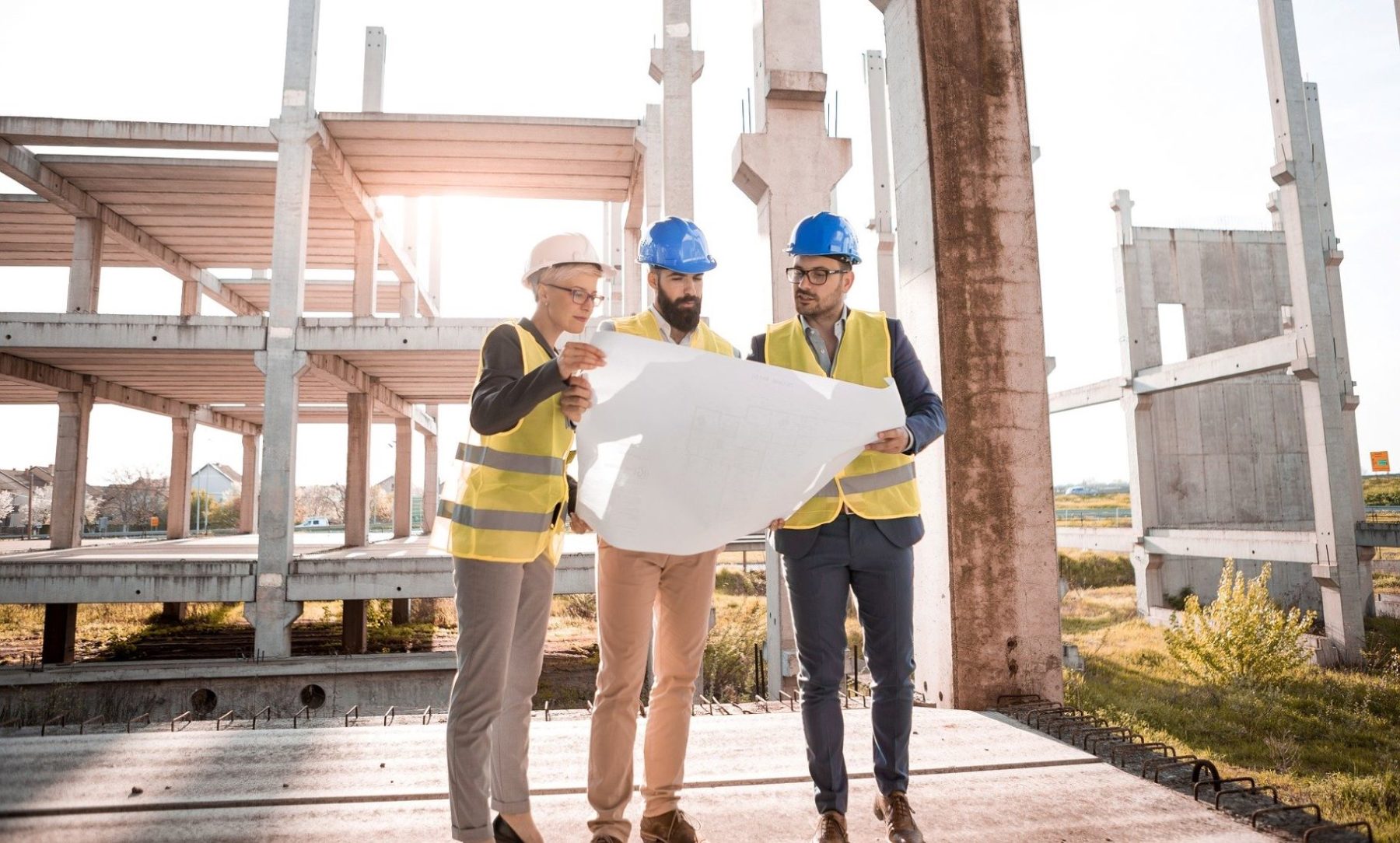As of 1st March 2021, following the introduction of the new VAT reverse charge system, the UK’s construction industry might have to handle and pay VAT in a different way.
These changes to VAT will also impact on how many of our customers currently use their Sage 200 system.
From 1st March 2021, the domestic VAT reverse charge must be used for most supplies of building and construction services. The charge applies to standard and reduced-rate VAT services:
- for individuals or businesses who are registered for VAT in the UK
- reported within the Construction Industry Scheme
As this legislation has been delayed several times, Sage actually included the required changes to their software some time ago. We have already been discussing these changes with some clients, but if you would like us to contact you then please complete the enquiry form.

What is the VAT domestic reverse charge for construction services?
The VAT domestic reverse charge for building and construction services is a change in how VAT is handled for certain kinds of construction services in the UK. This also includes the building and construction materials used directly in those services. The VAT reverse charge for construction is effectively an extension of the Construction Industry Scheme (CIS).
The scheme means that those supplying construction services to a VAT-registered customer will no longer have to account for the VAT. Instead, the customer will account for the VAT. So, in simpler terms, for services they provide, sub-contractors will require the contractor employing them to handle and pay the VAT directly to HMRC.
Take a look at the GOV.uk website for more information, and advice for when you should and shouldn’t use the reverse charge.
How can I prepare for reverse VAT changes?
You’ll need to:
- make sure your Sage system is on the correct version that can deal with the reverse charge. Your account manager will be in touch to discuss these details with you
- check whether the reverse charge affects either your sales, purchases or both
- contact your regular clients or suppliers to let them know
- consider whether the change will impact your cash flow
- make sure all your staff who are responsible for VAT accounting are familiar with the reverse charge and how it will work
The Gov.uk advises that if the VAT reverse charge does not apply you should follow the normal VAT rules. They also have flowcharts to help you decide if you need to use the reverse charge. Download and read the ‘The Handy Guide to VAT Reverse Charge for Building and Construction Services’ whitepaper.
FAQs
1. When was the VAT reverse charge for construction services introduced?
The VAT domestic reverse charge for construction came into force on 1 March 2021.
It was originally planned to start from October 2019 but was postponed to October 2020 due to Brexit and was then extended further due to the Covid pandemic.
2. What if my construction project began before the reverse charge but ended after it came in?
It depends upon the tax point. In most cases, this is the date of the VAT invoice, or the receipt of payment – whichever occurs first.
However, if there was a prepayment then it will be the date that the supplier received payment. And if there is no invoice or the invoice was issued 15 or more days before the work is concluded, it’s the date that the work was finished. This is known as the “Time of Supply” rule.
If the tax point is on or after 1 March 2021 then the reverse charge should be applied. If the tax point is before that date, current VAT rules apply.
3. What VAT rates does the VAT reverse charge for construction services apply to?
It applies to standard and reduced-rate VAT supplies. It doesn’t apply to zero-rated supplies.
4. Why is the VAT reverse charge for construction services being introduced?
Mainly as a means for HMRC to combat fraud, whereby construction businesses charge VAT for the services but then disappear without paying their VAT bill. The construction industry has been targeted by organised criminals in this way.
5. Who does the VAT reverse charge for construction services apply to?
It applies only to VAT-registered businesses who are supplying/receiving services that are reported under CIS. So basically, to services supplied between most of the construction sub-contractors and contractors in the UK.
6. What construction services does the VAT reverse charge apply to? Are any Exempt?
There is a comprehensive list of specific industries and activities that are included and exempt on the HMRC website. The reverse charge applies to the services listed above plus any construction materials used directly for those services.
7. I’m a sub-contractor. What does the VAT reverse charge for construction services mean for my business?
If you’re a sub-contractor who supplies CIS-regulated services, then when you issue your VAT invoice you will merely be passing on the VAT charge that you would have had to account for normally. You will though need to change the way you reconcile customer’s payments against invoices issued, as any VAT registered customers will be withholding the VAT element for any CIS related supplies. This may require an update to your accounting software.
8. I’m a contractor. What does the VAT reverse charge for construction services mean for my business?
If you’re a contractor (i.e. purchase CIS regulated construction services) then, it means you need to ensure that when you receive reverse charge VAT invoices you correctly account for them. You need to pay any VAT due directly to HMRC as part of your normal VAT settlement process instead of paying the VAT on CIS related supplies to your supplier. This may require an update to your accounting software.
9. Does the VAT reverse charge for construction services apply to work provided for home/domestic users?
No. It only applies to VAT-registered businesses registered for the CIS.
10. Does the VAT reverse charge for construction services apply to work undertaken overseas by my company?
No. It only applies to UK companies providing construction services in the UK to VAT registered customers.
11. Can I choose whether to apply the VAT reverse charge for construction services?
The VAT reverse charge is mandatory for the defined activities and scenarios. The only time a decision might have to be made is if a service has been supplied on a construction site and the VAT reverse charge has already been applied by that sub-contractor.
12. How is the VAT reverse charge for construction affected by Making Tax Digital for VAT?
Making Tax Digital only changes how businesses physically submit their VAT returns, and how they record their VAT accounting. Thus MTD for VAT has no direct bearing on the VAT reverse charge.
13. How can I check if a business is VAT registered and/or registered for CIS?
To check if a business is VAT-registered you can simply ask them, review their paperwork or perhaps their website or any other online materials.
If you have any questions about anything that is mentioned in this article, please use the enquiry form or call 01332 959 008.
Interested to know more about our Sage solutions?
Call 01332 959008 or enquire online today
"*" indicates required fields

